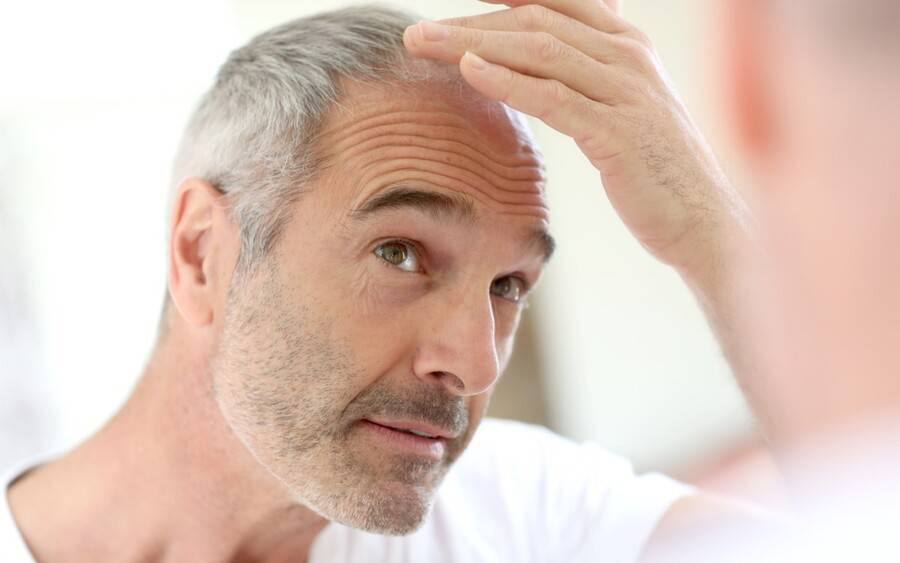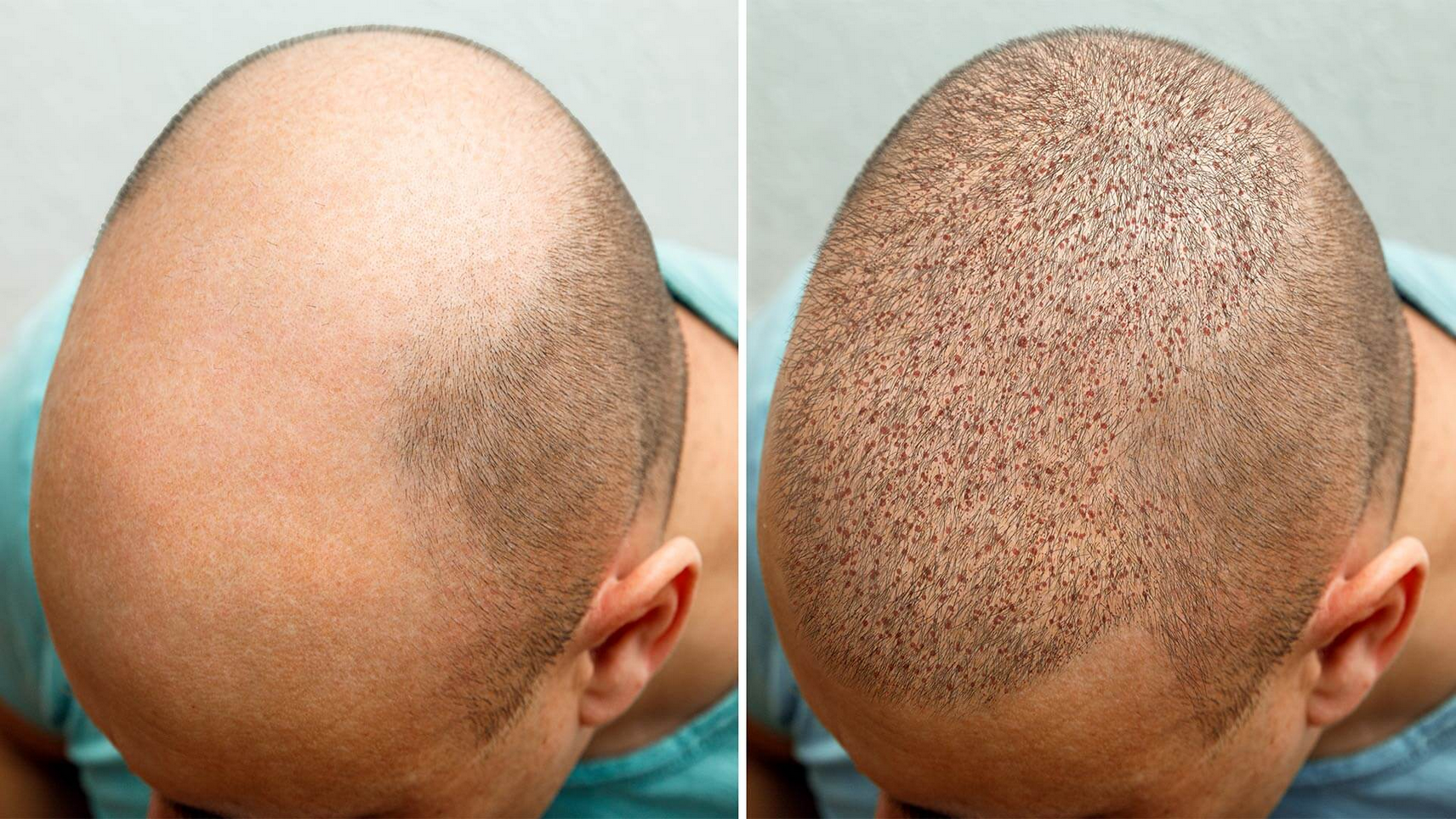FUE Transplants – Durability and Longevity
Follicular Unit Extraction (FUE) transplants are a popular and effective solution for those experiencing hair loss. One of the most frequently asked questions regarding FUE procedures is, “How long do they last?” Understanding the longevity of hair transplants can help manage expectations and provide clarity on the investment in this treatment.

What is FUE?
FUE is a minimally invasive hair restoration technique that involves extracting individual hair follicles from a donor area (usually the back or sides of the head) and implanting them into thinning or balding areas. This method is favored for its natural results and lack of linear scarring, allowing for a more aesthetically pleasing outcome.
Lifespan of FUE Transplants
Generally, the hair follicles transplanted during an FUE procedure are considered permanent. Once successfully transplanted, these follicles will continue to grow hair in their new location for a lifetime, similar to the hair in the donor area. However, several factors can influence the overall longevity of the results:
It’s essential to recognize that hair follows a natural growth cycle that includes phases of growth (anagen), rest (telogen), and shedding (catagen). After an FUE procedure, it’s common for the newly transplanted hair to fall out within a few weeks. This is a normal part of the process, and new hair will begin to grow in its place, typically within a few months.
Following your FUE transplant, adhering to the aftercare instructions provided by your dermatologist is crucial for the longevity of your results. Proper care includes gentle washing of the scalp, avoiding strenuous activities that cause sweating, and steering clear of direct sunlight for an initial period. Neglecting post-operative care can impact the growth and health of the transplanted hair.
The durability of FUE results can also be influenced by individual characteristics such as:
- Genetics: Family history of hair loss can play a significant role in determining how your hair will behave post-transplant.
- Age: Younger patients may experience more stable results as their hair follicles tend to be more resilient.
- Overall Health: Conditions like hormonal imbalances, autoimmune diseases, or scalp issues can affect hair growth and retention.
Maintenance for Lasting Results
While the transplanted follicles are permanent, ongoing care and maintenance can help ensure the best outcomes. This may include:
- Regular Dermatological Check-ups: Regular consultations with a dermatologist can help monitor the health of your scalp and hair follicles.
- Use of Hair Growth Products: Your dermatologist may recommend specific products or treatments to support hair health and prevent further hair loss in non-transplanted areas.
- Healthy Lifestyle Choices: Maintaining a balanced diet, managing stress, and avoiding smoking can contribute to the overall health of your hair.
Frequently Asked Questions
How long do FUE transplants last?
FUE transplants are designed to be permanent, as the transplanted hair follicles continue to grow for a lifetime, similar to the hair in the donor area.
What can I expect after the procedure?
After an FUE transplant, it’s normal for the transplanted hair to fall out within a few weeks. New hair typically begins to grow within a few months, resulting in a fuller appearance.
How should I care for my scalp after the transplant?
Follow your dermatologist’s aftercare instructions, which may include gentle washing, avoiding direct sunlight, and refraining from strenuous activities for a certain period to ensure optimal healing and growth.
Will my hair loss continue after the transplant?
While the transplanted hair is permanent, you may still experience hair loss in other areas. Regular check-ups and preventive treatments can help maintain overall hair health.

